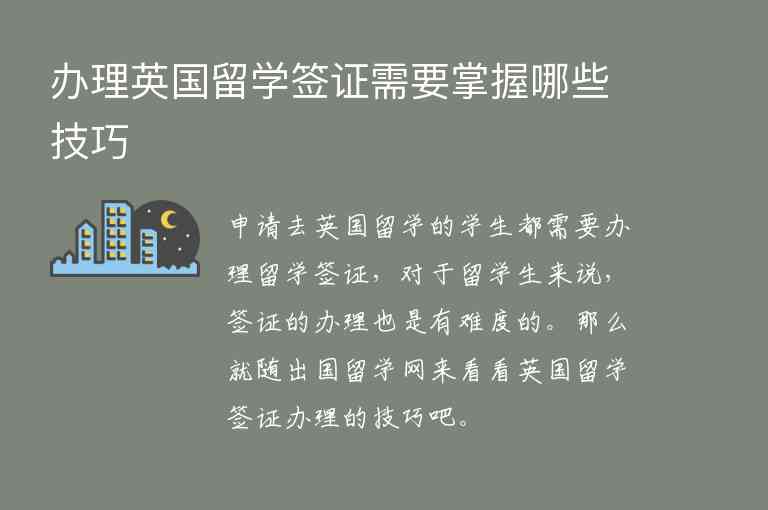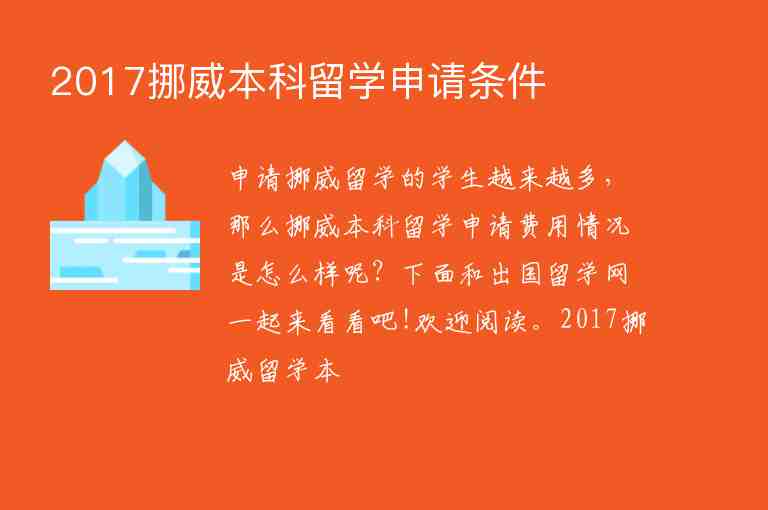上半年是指一年中的前六个月,也就是一月到六月的时间段。它通常用来表示一个时间段的开始,也可以用来指代一段时间内发生的事情或者变化。
音标:shàng bàn nián [shàng bàn nián]
用法:作为一个名词,上半年可以单独使用,也可以和其他词语搭配使用。常见的搭配有“今年上半年”、“过去的上半年”、“下半年比上半年更快乐”等。
例句:
1. 上半年的销售额比去年同期增长了10%。
The sales in the first half of the year increased by 10% compared to the same period last year.
2. 我们计划在上半年完成这个项目。
We plan to complete this project in the first half of the year.
3. 上半年我学习了很多新知识。
I learned a lot of new knowledge in the first half of the year.
4. 上半年的天气比较凉爽。
The weather in the first half of the year is relatively cool.
5. 我们公司在上半年取得了巨大成功。
Our company achieved great success in the first half of the year.
同义词及用法:
1. 前半年(qián bàn nián):与“上半年”意思相同,但更加强调时间顺序。
2. 上半年度(shàng bàn nián dù):指一年中的前六个月,与“上半年”意思相同,但更加正式。
3. 上半年份(shàng bàn nián fèn):指一年中的前六个月,与“上半年”意思相同,但更加口语化。
4. 上半部(shàng bàn bù):也指一年中的前六个月,但更加强调时间段。
5. 上半期(shàng bàn qī):也指一年中的前六个月,但更加强调时间段。
编辑总结:
上半年是一个常用的时间单位,在日常生活和商务交流中都会经常使用。它可以表示时间段的开始,也可以用来指代具体或变化发生的时期。除了常见搭配外,还可以与其他词语组合使用来表达不同的含义。在写作时要注意上下文语境,选择合适的表达方式来使用上半年这一词语。

